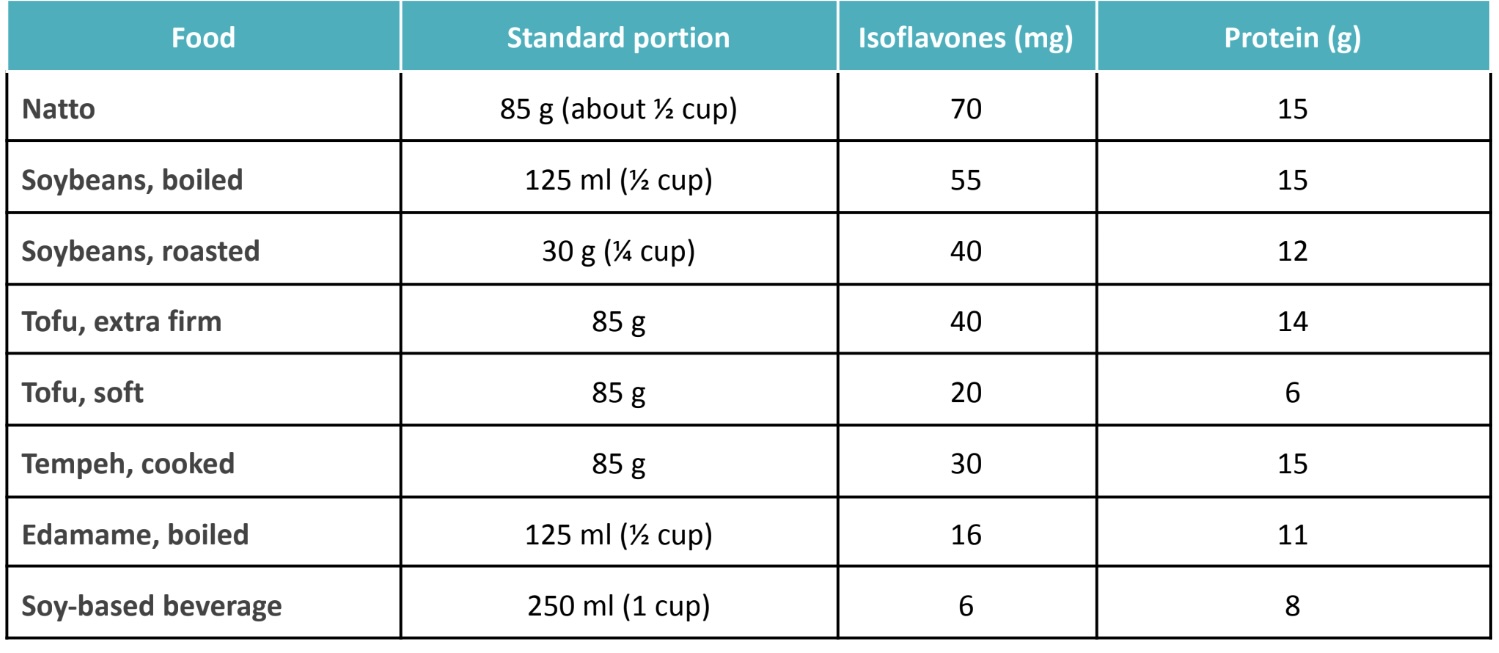
Menopause is a natural stage in a woman’s life, but it can bring about many physical and emotional changes. This guide will help you better understand menopause and offer practical solutions for navigating this transition smoothly, including tips for adopting a suitable diet and healthy lifestyle habits.
What Is Menopause?

Menopause marks the end of a woman’s reproductive years. It is defined by the cessation of menstruation for 12 consecutive months, typically around age 50. This phenomenon is caused by a decline in the production of the hormones estrogen and progesterone, which regulate the menstrual cycle.
Changes in the Body
During menopause, several transformations occur, including:
- Weight gain: It’s common to gain between 2 and 5 kg as the body burns about 200 fewer calories per day.
- Fat accumulation around the abdomen: Fat tends to shift to the belly rather than the hips, creating the well-known "apple shape." This can increase the risk of heart disease.
- Muscle loss: Muscle mass decreases with age, which can further slow down metabolism.
Why Do These Changes Happen?
These changes are a natural response by the body as it ages, adapting to protect itself. For example, abdominal fat accumulation allows energy storage, which was once vital in times of food scarcity. Similarly, muscle mass reduction helps the body conserve energy. While these adjustments can be frustrating, they reflect how our bodies adapt to safely navigate this new life stage.
How to Manage These Bodily Changes

To cope with the physical changes, it’s essential to adopt a balanced diet. Here are some practical tips to help you:
1. Listen to Your Hunger
Serve smaller portions and don’t feel obliged to finish everything on your plate. Eat slowly and pay attention to your body’s signals of fullness.
2. Fill Half Your Plate With Vegetables
Vegetables are low in calories, high in fibre, and take up a lot of space on your plate. They help maintain steady energy levels by slowing digestion and keeping you full longer. For more tips on adding vegetables to your meals, see our article “4 Tips for an Abundance of Vegetables in Your Meal Plan.”
3. Eat Enough Protein
Proteins help maintain muscle mass and curb hunger between meals. Aim for 20 to 30 grams of protein per meal and at least 10 grams per snack. About 1.2 grams of protein per kilogram of body weight per day is recommended. Looking for inspiration? Try these high-protein recipes:
- Chocolate Protein Mousse
- Greek Yogurt Dips
- Spicy Quinoa and Lupini Salad
- TVP Stuffed Bell Peppers in the Air Fryer
4. Engage in Resistance Exercises
Muscle-strengthening activities (like weightlifting or resistance exercises) can help keep your metabolism high and prevent muscle loss.
5. Limit Alcohol and Desserts
These are often high in sugar and fat, providing many calories without essential nutrients. Enjoy them occasionally and mindfully to strike a healthy balance.
How Can Soy Help Alleviate Menopause Symptoms?

Phytoestrogens are natural substances found in certain foods, like soy, that mimic estrogen’s effects in the body. They may help alleviate some menopause symptoms, including:
- Reducing hot flashes
- Strengthening bones, which helps prevent osteoporosis
- Improving heart health by lowering bad cholesterol and raising good cholesterol
- Enhancing mood by reducing irritability and providing emotional stability
- Protecting the brain and supporting memory
- Promoting healthier skin by improving elasticity and hydration, slowing signs of aging
Foods Rich in Phytoestrogens
Aim for more than 50 mg of phytoestrogens (isoflavones) daily to feel the benefits. Here are some examples of isoflavone-rich foods you can include in your diet:

Here are some ideas for adding soy to your menu:
- Soy-based options: Swap orange juice or milk with a glass of soy beverage.
- Snacks: Enjoy roasted soy nuts, edamame, or soy pudding.
- Add soy protein to meals: Include textured vegetable protein (TVP) in oatmeal, muffins, or granola.
- Enhance side dishes: Add edamame to your rice.
- Mix soy with meat: Combine ground meat with TVP or crumbled tofu.
Discover a variety of isoflavone-rich recipes by using the “Tofu and Soy” filter on our recipe page.
Additional Steps to Better Manage Menopause Symptoms

Menopause symptoms like hot flashes and sleep disturbances can be disruptive, but a few lifestyle adjustments can help:
1. Be Mindful of Dietary Triggers
Limit hot, caffeinated, or alcoholic beverages, as well as sugary or spicy foods, which can worsen hot flashes.
2. Stay Active
Regular activity helps reduce hot flashes and improves sleep quality. Simple activities like walking, gardening, or even housework are beneficial.
3. Stay Hydrated
Proper hydration can help regulate hot flashes and improve overall well-being. If you find it difficult to drink water regularly, try flavoured waters to make hydration more enjoyable and varied.
4. Include Key Nutrients in Your Diet:
- Isoflavones: Aim for over 50 mg of phytoestrogens daily to help reduce hot flashes.
- Magnesium: Consume 320 to 729 mg of magnesium daily, ideally from foods. Examples include nuts, seeds (e.g., pumpkin, sunflower), soy, and legumes.
- Omega-3 fats: Ensure an omega-3 intake of about 1 g per day (with at least 180 mg of EPA and 120 mg of DHA), by eating foods like fatty fish, chia seeds, and walnuts.
5. Improve Your Sleep
To sleep better, you can try supplements such as melatonin (0.5 to 10 mg per day) or valerian, which help promote sleep.
Supplements and Menopause Health

In addition to dietary adjustments, some supplements may help ease menopause symptoms and protect long-term health:
- Calcium: 1000 to 1500 mg per day to strengthen bones
- Vitamin D: 800 to 2000 IU per day to improve calcium absorption and prevent osteoporosis
- Vitamin B12: 2.4 µg per day, especially if your body has difficulty absorbing it with age
- Resveratrol: 75 mg per day to enhance memory and reduce skin aging
Before taking supplements, it is important to consult your pharmacist or a healthcare professional to ensure these products are appropriate for your individual needs.
Hormone Therapy: Is It Right for You?

Some women find that hormone replacement therapy (HRT) is an effective solution for reducing menopause symptoms and preventing certain conditions, such as heart disease, osteoporosis, or Alzheimer’s disease. If you are considering this option, discuss it with your doctor to determine if it is right for you.
Personalized Support for Thriving Through Menopause

While menopause brings its own challenges, you can navigate this transition by maintaining a balanced diet, staying active, and taking care of your overall health. If needed, seek personalized support from a healthcare professional.
A registered dietitian can help tailor your diet to your specific needs, allowing you to experience menopause with vitality and serenity. Book an appointment with a dietitian today to get personalized advice and a plan adapted to your lifestyle. Together, you can create concrete strategies to thrive during this period of transition.





